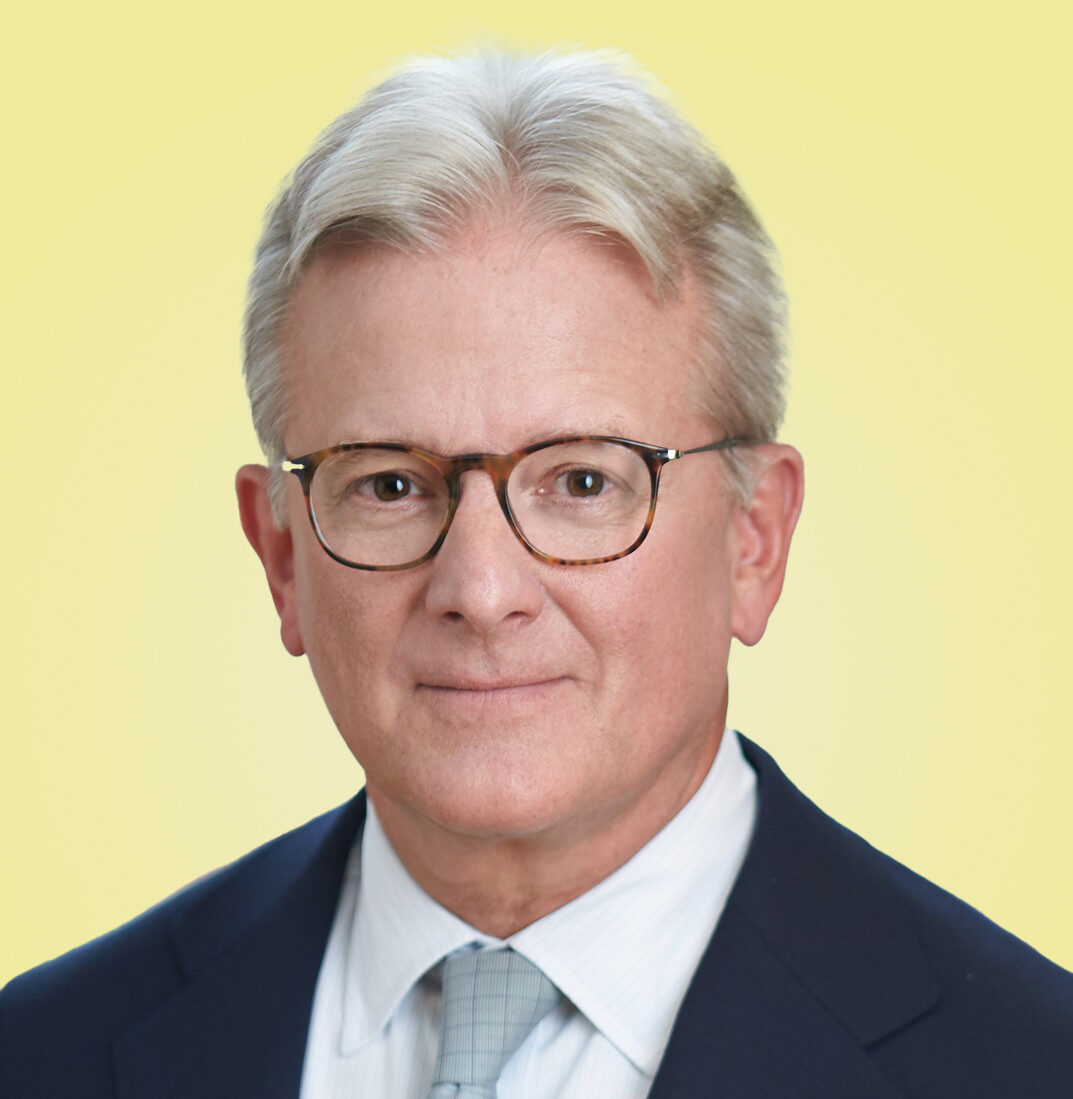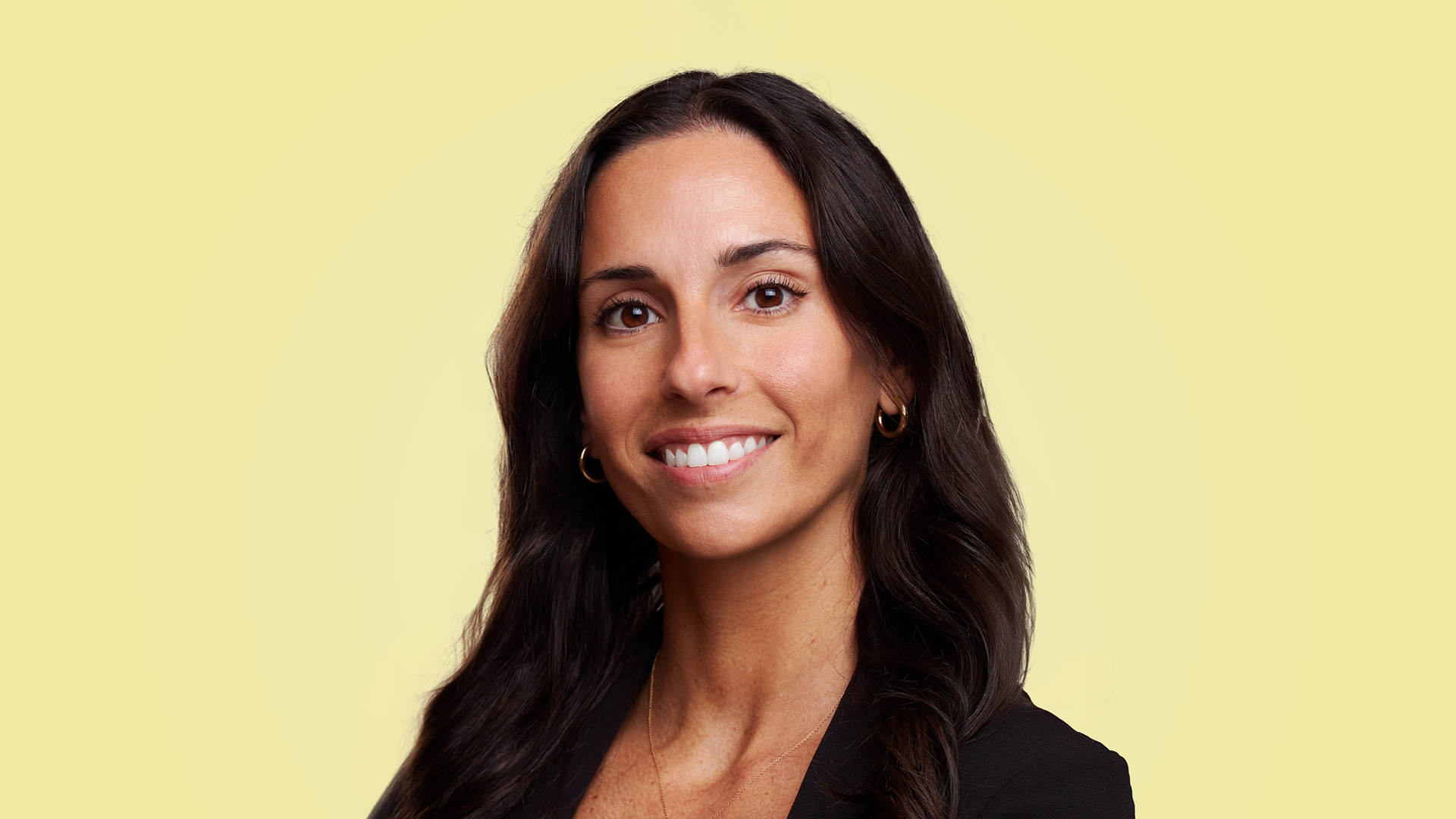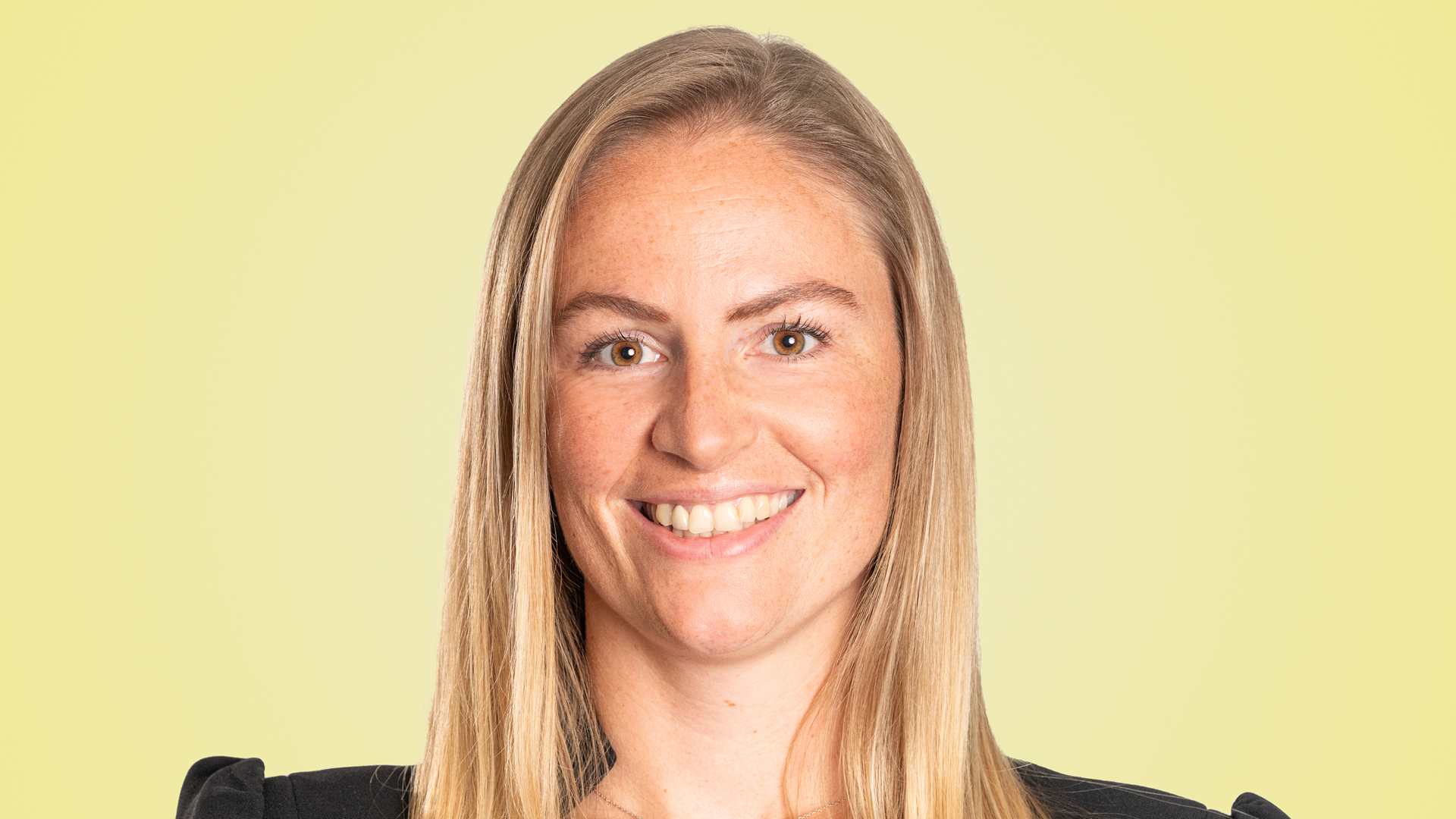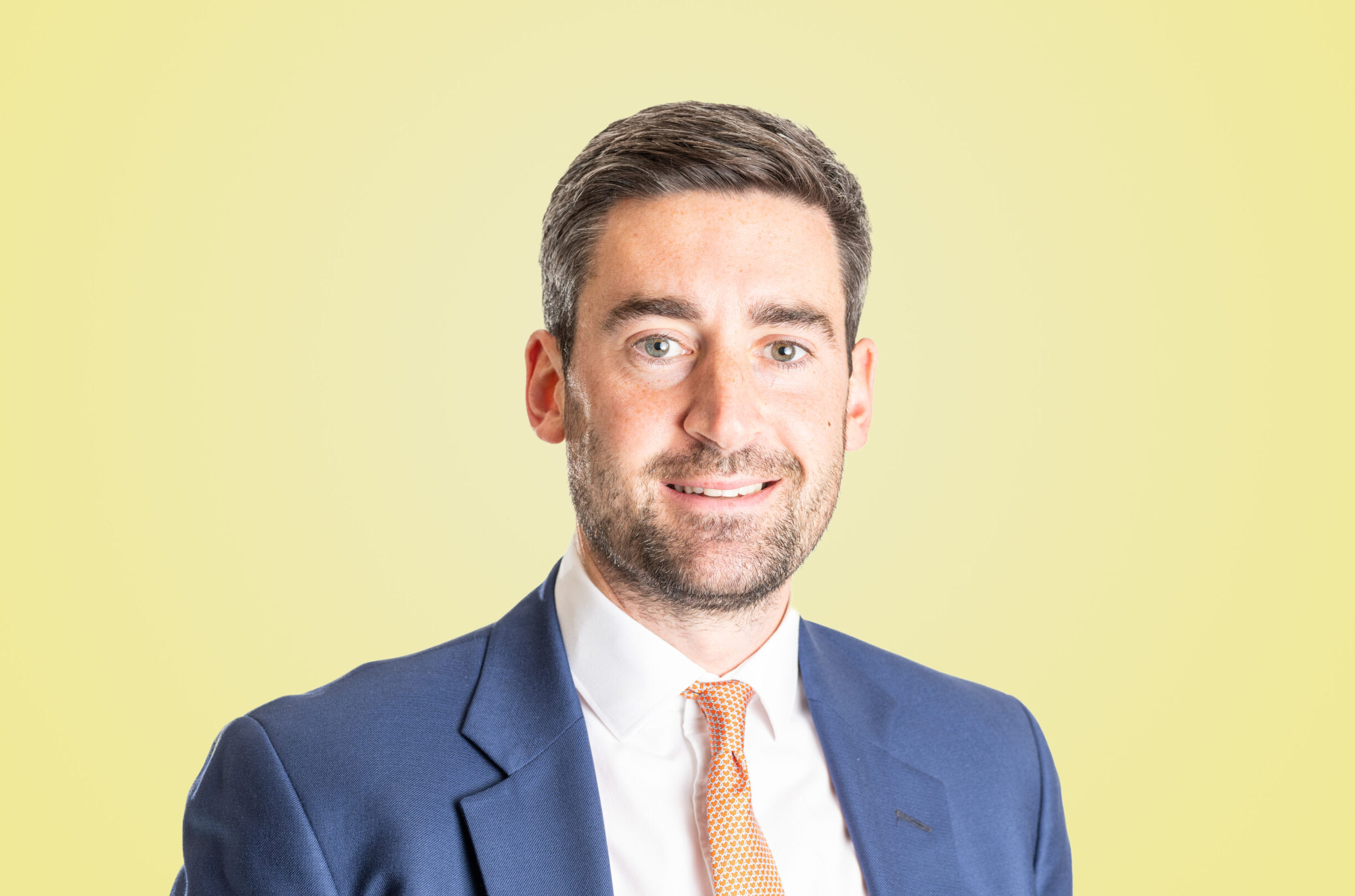Introducing Gary Lill, IQUW’s Head of Professional Lines
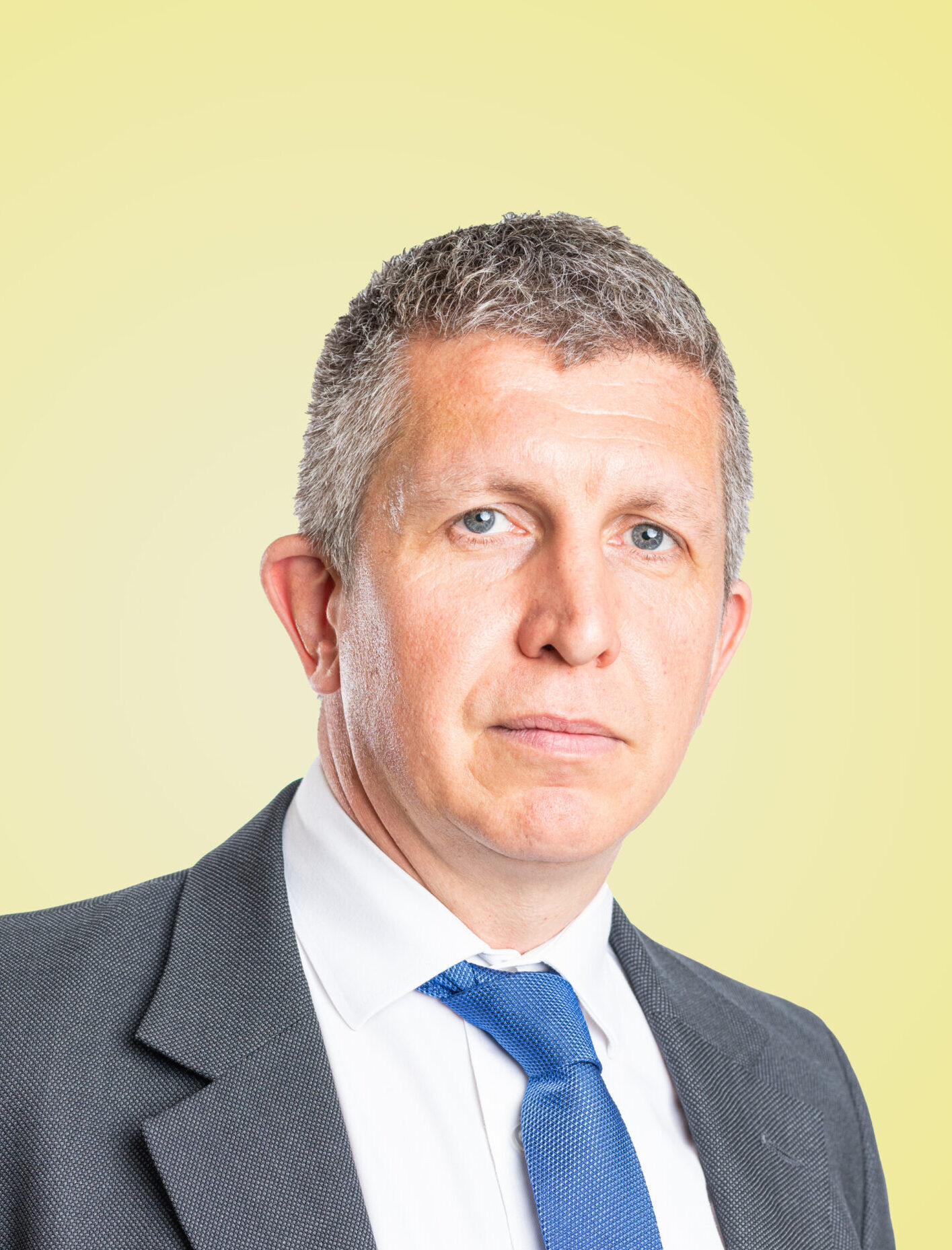
At IQUW, we’re bringing together the most experienced underwriters in the business with unique data and intelligent automation capabilities to build a different type of multi-line insurance provider.
Gary Lill, our new Head of Professional Lines, has been working in Directors & Officers (D&O) insurance for almost thirty years, supporting brokers and their clients through three major crises along the way. We chatted to Gary about why he’s starting afresh with IQUW and how he views the D&O and Financial Institutions markets as the world slowly emerges from the Covid-19 pandemic…
How did you get started in the insurance industry?
One could say I quite literally fell into the insurance industry! After falling 20 feet off a ladder as an 18 year old I decided that a career in roofing wasn’t a good idea, so I jumped on a train to London with a stack of CVs under my arm and landed myself a role in the London insurance market with Anglo American Insurance Company.
From there, I joined Zurich Specialities London as an Underwriting Assistant, supporting the D&O team, before being tasked with reviving the US D&O business portfolio in 2001.
Since then, I’ve led Professional Lines teams for Allied World Assurance and Hiscox, in both instances being a part of a team developing a new book of business.
So what has motivated you to start afresh with IQUW?
I’ve been attracted to the entrepreneurial side of things throughout my career – building from the ground up, focusing on new territories or approaching the market from a slightly different perspective.
The exciting aspect at IQUW is the opportunity to build out our global book from an exclusively London-based platform. The beauty is that we have no local channel conflicts – if you want to access the IQUW capacity, you access it via London and the Lloyd’s market, which is particularly positive for our London brokers when they’re speaking to global clients.
Tell us about your product lines. What do you cover, and how are you looking to build the book?
Firstly, I look after commercial D&O liability, in essence, protecting the personal liabilities of directors and officers of a company and providing balance sheet protection for organisations that indemnify their D&Os.
Secondly, I oversee our Financial Institutions line, which comprises D&O, PI and BBB for financial institutions.
The IQUW approach is to prudently grow into the portfolio, adopting a broad risk appetite without over-extending ourselves. It will require us to show discipline in our underwriting, remain true to our core selection criteria, and make clever use of data to help us price accurately and select the right risk. We want to build a long term legacy.
And what does a typical working week look like at the moment?
Every week is jam-packed. I’ll spend part of my week underwriting risks and attending calls with existing and prospective clients to get insight into their business and get a feel for the culture. I’ll also spend a lot of time talking to brokers about appetite and strategy. At this stage, it’s very much a case of building awareness about IQUW and sharing our vision. Finally, I have my syndicate-wide role, managing the PL team and working with the rest of the senior team to plan the development and growth of our organisation.
What is it that makes underwriting Professional Lines business so challenging?
The risks we’re underwriting are diverse and often complex, and the exposure landscape is constantly evolving.
We have to consider a range of factors for each risk. These include their recent performance and financial position, any key industry trends, share price performance (for public companies), the sophistication of internal risk management policies and internal controls, the culture of the organisation, board experience and qualifications, regulatory scrutiny or investigations, and any merger, acquisition or divestment activity. In addition, there are many emerging trends that we have to underwrite, for example, how a company is addressing climate change, cyber risks and diversity and inclusion.
Arguably the biggest challenge of all is trying to identify emerging risks. These are varied and can’t always be predicted. At this moment, one of the biggest challenges is Covid-19. The pandemic has had a catastrophic impact, and it is a challenge for D&O/FI underwriters to predict what the medium/long term impact will be on our clients and how that will affect our portfolio.
This is why, at IQUW, we’re making greater use of data to augment our risk selection and use tools such as AI to help predict current and emerging trends.
And what’s your view of the current market?
Between 2004-2017 the was an abundance of capacity in the market, resulting in severe price pressure in some areas and poor underwriting discipline during a period when the level of litigation and investigations was rising exponentially. In the last three years, carriers have finally woken up to the fact that their portfolios were unbalanced, inadequately priced and unsustainable, which culminated in a majority scaling back their appetite or, in some cases withdrawing from the class altogether.
Consequently, the last three years has seen capacity reduced substantially and a drastic market correction. It’s difficult for clients and for brokers, who have to explain why premiums and/or retentions have increased, or why the limits they purchased last year are no longer available.
The age-old question is: are we now at rate adequacy? Personally, I think it’s premature to say that we are. While we have seen a significant market correction the last couple of years, the outlook from a macroeconomic perspective is uncertain; the stock market is running hot, inflationary pressures are evident and we could see a change in interest rate environment. These factors could have an adverse impact on PL claim trends going forward. While we may not see the wild swings on a majority of accounts, adjustments will still be needed, and the high-risk segments will still be hard to place. Putting aside the risk landscape, the market still has a hangover from the soft market, and there is a significant inventory of unresolved claims still to play through.
What makes IQUW stand out in the market, and how can you help brokers facing this challenge?
We’re a Lloyd’s syndicate, a fantastic institution with an excellent claims reputation, and we’re proud to be a part of that. We benefit from its A+ rating and global licenses, and we are bringing new capacity into a stressed market with no legacy liabilities. We have a broad risk appetite, and, in my view, we are building an experienced, nimble and exceptional team in underwriting, pricing and claims. This will allow us to build a diverse portfolio, managing line size, and be a long-term lead carrier, providing compelling solutions to our clients across a wide variety of industries.
Further, by using data, we will aim to deliver consistent terms and enhance the underwriting process to provide a good level of service to our brokers and clients. We want to be transparent in our underwriting approach to any risk, avoid surprises and share the philosophy behind our decisions.
Why is the use of data such a game-changer for IQUW?
When I think back to the dot-com bust or the global financial crisis, I’m convinced that we would have found artificial intelligence tools invaluable. Even simple things like the ability to scrape regulatory filings or press releases for specific keywords or phrases could have helped identify potential issues far earlier, and we could have reacted earlier. Sadly, this technology just wasn’t available at the time – but it is now.
At IQUW, we’re already using data to improve our pricing and risk selection and analyse claim data more effectively. But our ambition beyond this is to use data and AI to help identify issues before they occur, speed up the underwriting process and ultimately give us a competitive edge. The goal is to let underwriters underwrite.
You mentioned IQUW’s broad risk appetite earlier. Can you give us any examples of risks that brokers might currently be struggling to place?
The risks that spring to mind, and which are topical, are Initial Public Offering (IPOs). The historical claims frequency is very high against companies that are going public or have been public for only a couple of years. As a result, there is limited appetite among D&O insurers. However, we have undertaken a lot of work in this area and have a clear rationale for underwriting IPOs. We know what we’re looking for and can provide solutions to clients going through this transformational change.
Another example is D&O Side C for Australian risks, which some have deemed uninsurable due to the vibrant litigation environment and high frequency of class actions against Australian companies. But, again, we have a strategy for selection and have confidence in our rating approach, so we’re not afraid of taking on these risks.
Looking forward, are there particular trends that are likely to have a pronounced impact on the Professional Lines industry in the next 12-18 months?
The most obvious issue is Covid and its knock-on effect. As the world emerges from the pandemic, companies and institutions of all sizes face numerous challenges managing its impact, for example, with respect to their employees. In addition, the financial impact may not yet have been fully felt by many, especially those benefiting from government relief packages. And with inflation rising, could there be a sea change in the interest rate environment? If so, we could see an increase in balance sheet stress and possibly bankruptcies in the next couple of years, which could manifest into an increase in Professional Lines claims and costs defending them.
There are other trends for underwriters to consider. They include Environment and Social Governance (ESG), Diversity & Inclusion (D&I), Cyber, political risk, regulatory changes, and many others. We want to make sure that these issues are on every client’s risk register and that there is board ownership.
Finally, for any brokers not yet familiar with IQUW, what’s your key message to them?
IQUW is open for business. Professional Lines is an evolving class, with companies and institutions facing complex risks. By working together and being disciplined, I’m confident we can provide sustainable long-term solutions for our mutual clients.





